How Does Dehydration Affect Running Performance?

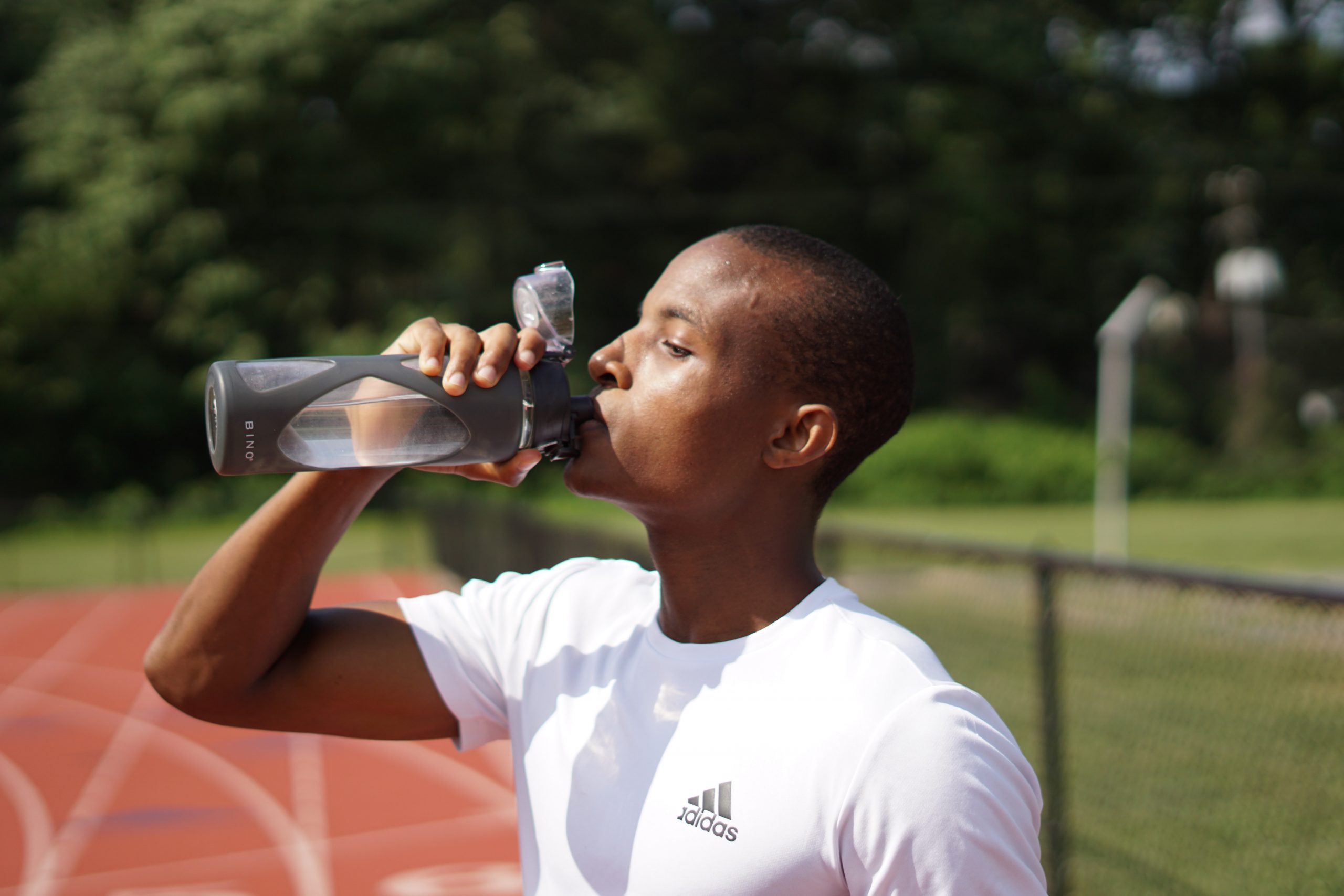
Do you ever forget to think about water before, during and after your run? Ever considered how dehydration could be affecting your running performance? Today, we’re looking at dehydration: what causes it, how it affects performance and how you can avoid it.

WHAT IS DEHYDRATION?
Dehydration is something that a lot of people could be living with without realising and seeing the effect it is having on their running performance. In fact, a study in 1998 surveyed around 3 thousand Americans and found that 75% of them were chronically dehydrated, due to their caffeine and sodium intake offsetting their fluid intake.
So what leads to dehydration and what effect does dehydration have on your body? Well, when you exercise you lose body fluid in 2 different ways. Firstly, through moisture in the exhaled air, and secondly through sweat.
Exercise makes our body temperature increase. Our bodies then regulate temperature through cutaneous vasodilation, which is when heated blood is sent to the skin cells where heat can more easily be released into the atmosphere. This is also helped by the cooling effect of sweat evaporating.
So how does dehydration come into this process? If we don’t have enough fluid in our bodies, this can lead to our blood becoming thicker and more viscous. This reduces the volume of blood being pumped around the body too which can put a strain on our cardiovascular system, especially during exercise.
Our heart rate then increases to try and pump more blood around the body to retain a good amount of blood flow to our muscles and vital organs during exercise. As this is all occurring, there is less blood flow going to our skin, meaning our temperature continues to increase without being able to cool down and this can lead to heatstroke or potentially even more life-threatening conditions. So hydration is vital in order to stay healthy and comfortable whilst out on a run.

EFFECT OF DEHYDRATION ON PERFORMANCE
We’re going to talk about dehydration and running performance, but it’s definitely important to also mention the possibility of over-hydrating which can also be dangerous – leading to something called hyponatremia. There’s no one size fits all approach, but drinking as much as you can hold is definitely not sensible.
So how does dehydration affect our running performance? We know it can have serious health implications, but can less serious cases of dehydration affect our runs? Short answer: yes they can. Studies have found that even low levels of dehydration can have an effect on your running performance.
Previous scientific research has found that a loss of 2% bodyweight – so only 1kg for a 50kg person – can cause an increase in perceived effort, in other words, how hard it felt to run at the same pace.
Research also found that a 2% loss of body weight due to dehydration can reduce performance by 10 to 20%. The issue with this research was that it was conducted in conditions that don’t quite match real-life sporting conditions – so using saunas or diuretics leads to dehydration, rather than physical activity.
So these exact statistics might not be the case for all runners, but they do ultimately show how dehydration could really change your running performance. It is still possible to perform whilst dehydrated, but staying on top of hydration could lead to better results.
So what could dehydration look like on a run? Well, it could mean that your heart rate is a lot higher than normal for your ‘easy pace’ runs, or that your perceived exertion is a lot higher than normal. This is why it is important to monitor your training stats like heart rate and perceived exertion can help you spot signs of dehydration.
You might be thinking, why can’t I just wait until I’m thirsty and that will indicate if I am dehydrated? It was previously thought that exercise suppressed thirst and so just drinking when you are thirsty meant you were already dehydrated. More recent research has shown that drinking when thirsty is an appropriate strategy, but just make sure you plan ahead. You might not be thirsty when you leave for a run, but if you really need a drink halfway around your route, you don’t want to be stuck without any water or electrolytes to rehydrate you.

WHAT LEADS TO DEHYDRATION?
In most sporting activities, two big factors that can affect performance are: A reduction in carbohydrates and a reduction in fluids.
These two factors can lead to fatigue and a reduction in performance so it’s important to make sure that your carbohydrate and fluid levels are at an optimum level to maximise performance.
This is where it gets tricky though as there isn’t a one size fits all solution to staying hydrated.
The best way to stay on top of it is to make sure you are keeping hydrated throughout the day and to monitor your environment as well. Hot and humid conditions are going to increase your body temperature and so you may sweat more, leading to more fluid reduction than normal.
What you wear can also impact your body temperature. That is why a lot of running clothing has wicking material to help wick away sweat and keep you cool on the run. Wearing lots of layers and getting too warm on a run will lead to an increase in body temperature and so an increase in fluid loss.
You might want to think about how you rehydrate as well. As we said before you lose carbohydrates and fluids, but you also lose sodium when you exercise as well – that’s why sweat tastes salty. So a good way to rehydrate would be to take some electrolytes, either before, during or after your run.
If you’re not sure about what to drink whilst on a run, then check out our video all about electrolytes!
Hopefully, that has answered your questions about dehydration and how it can affect your performance. If you have any other questions for us then do leave them in the comments below and we will get back to you.
Watch the video on this topic:


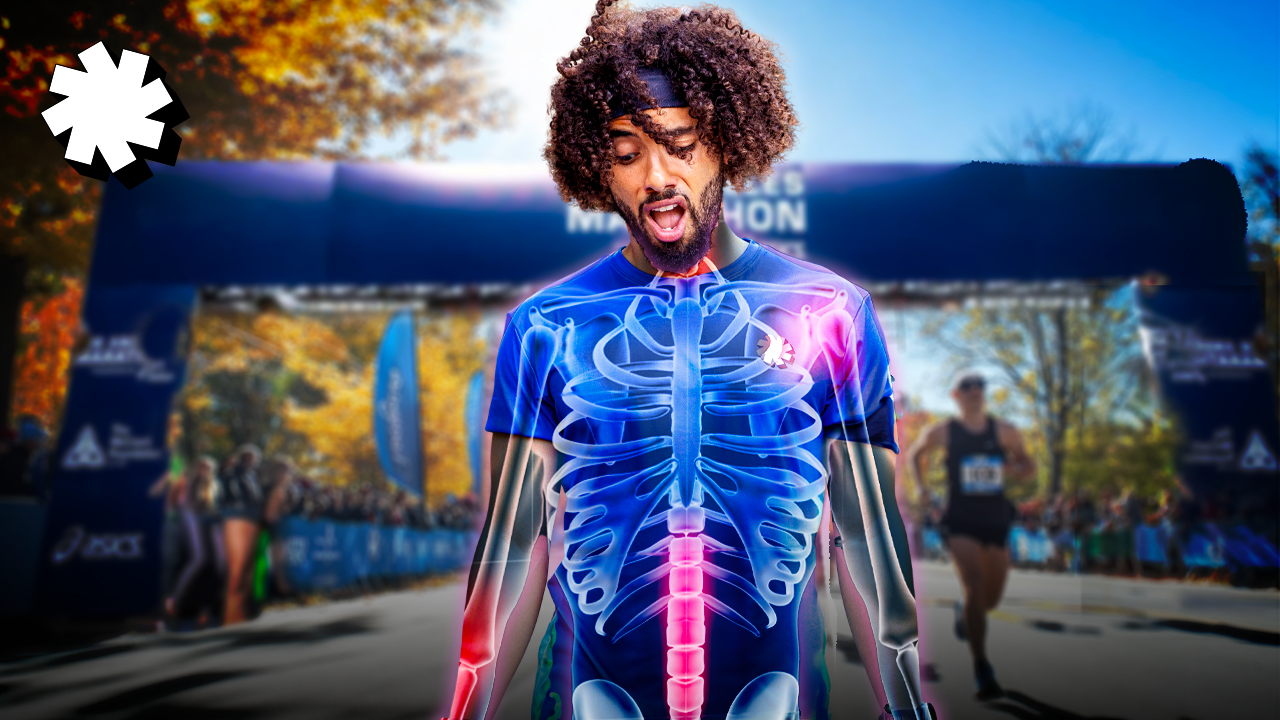

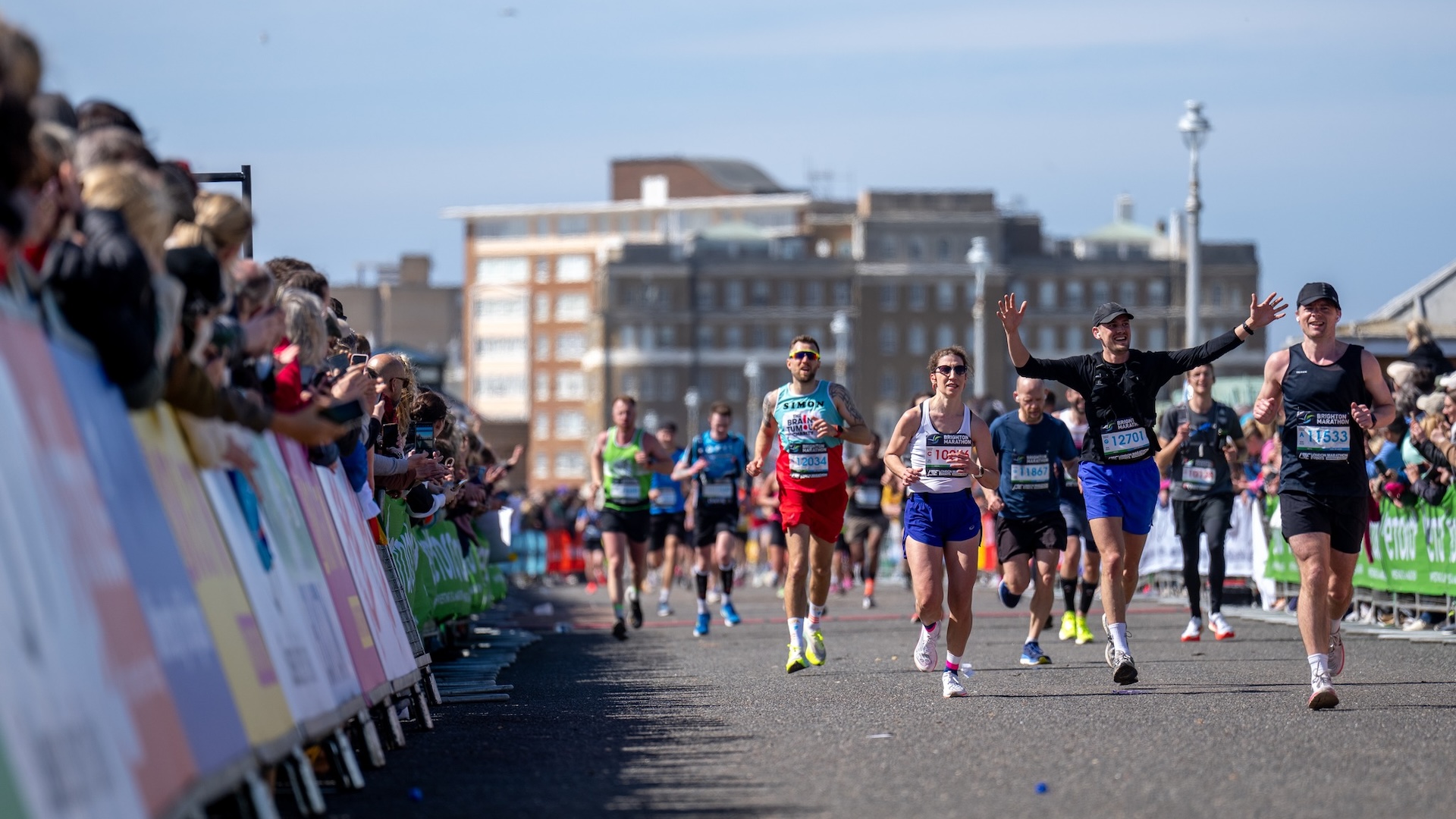

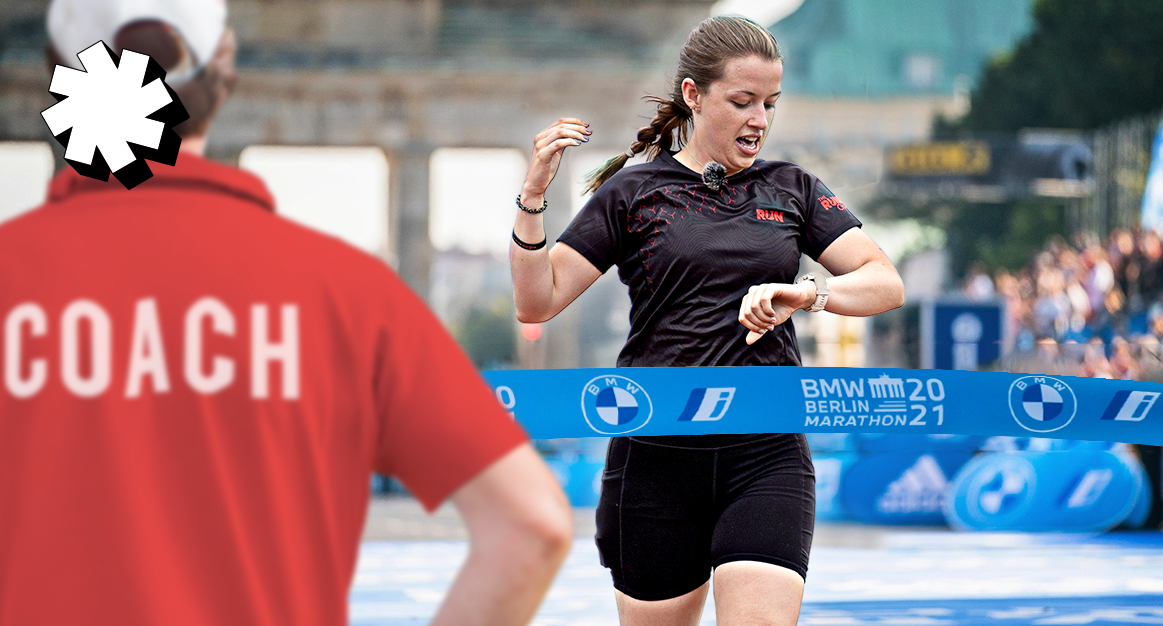

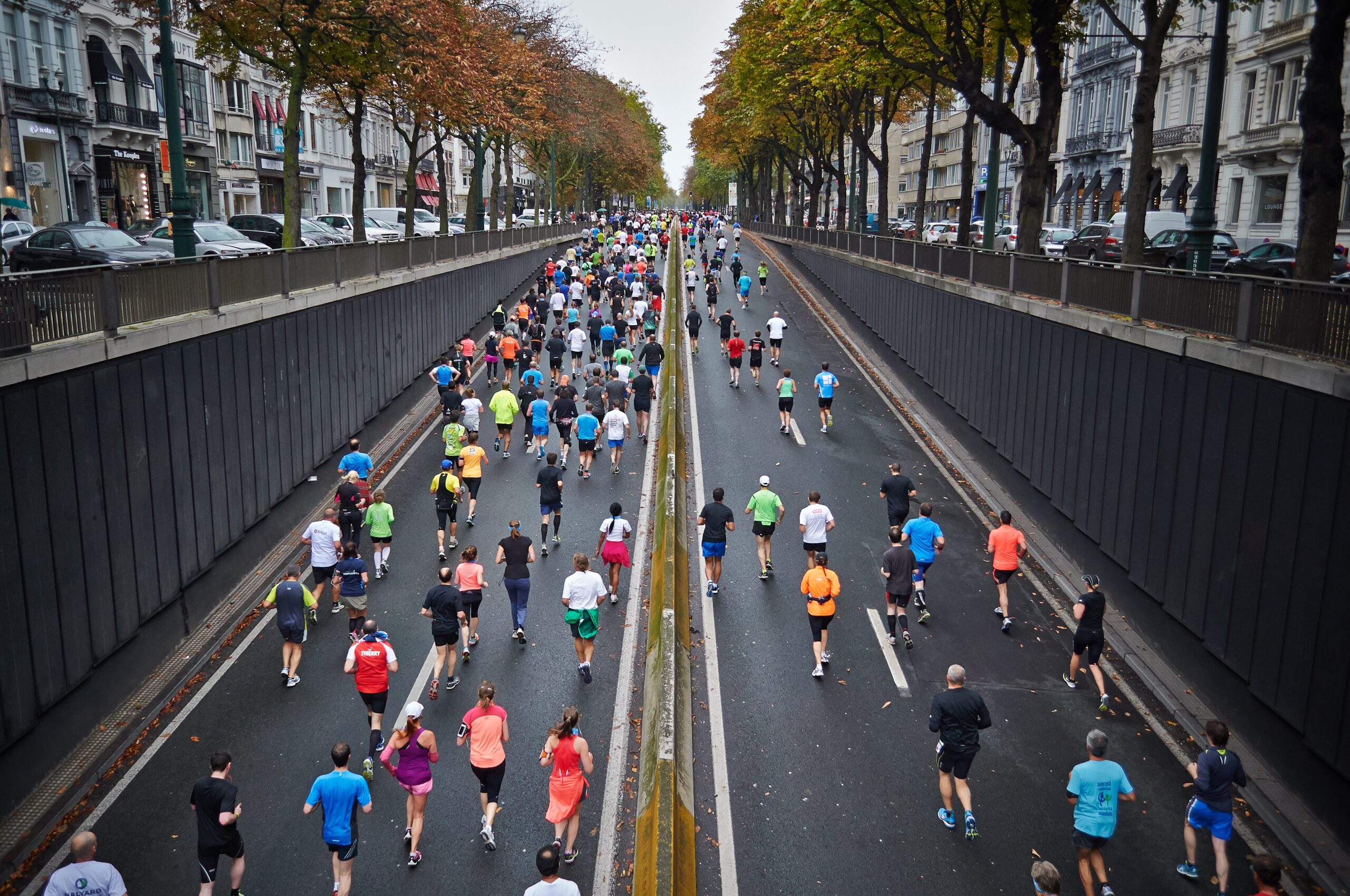














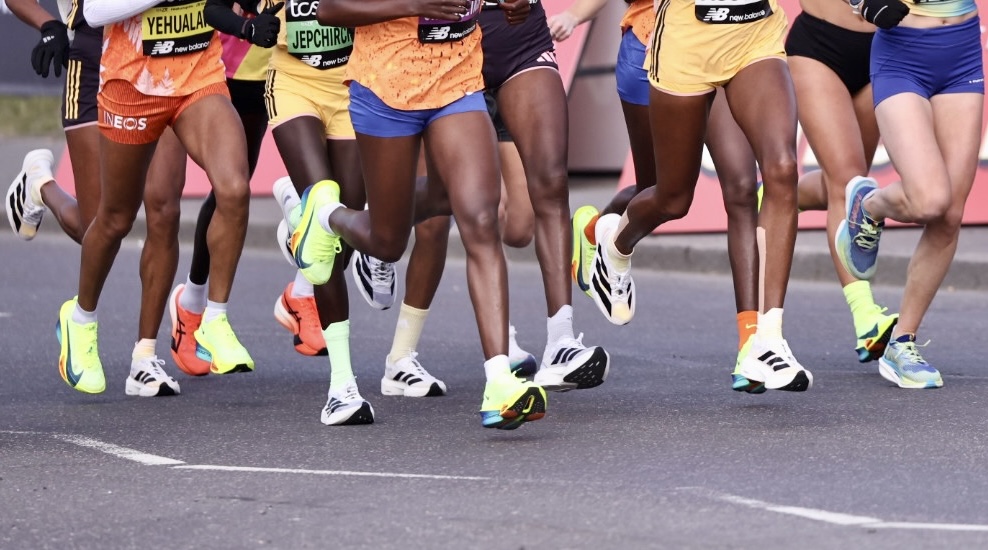
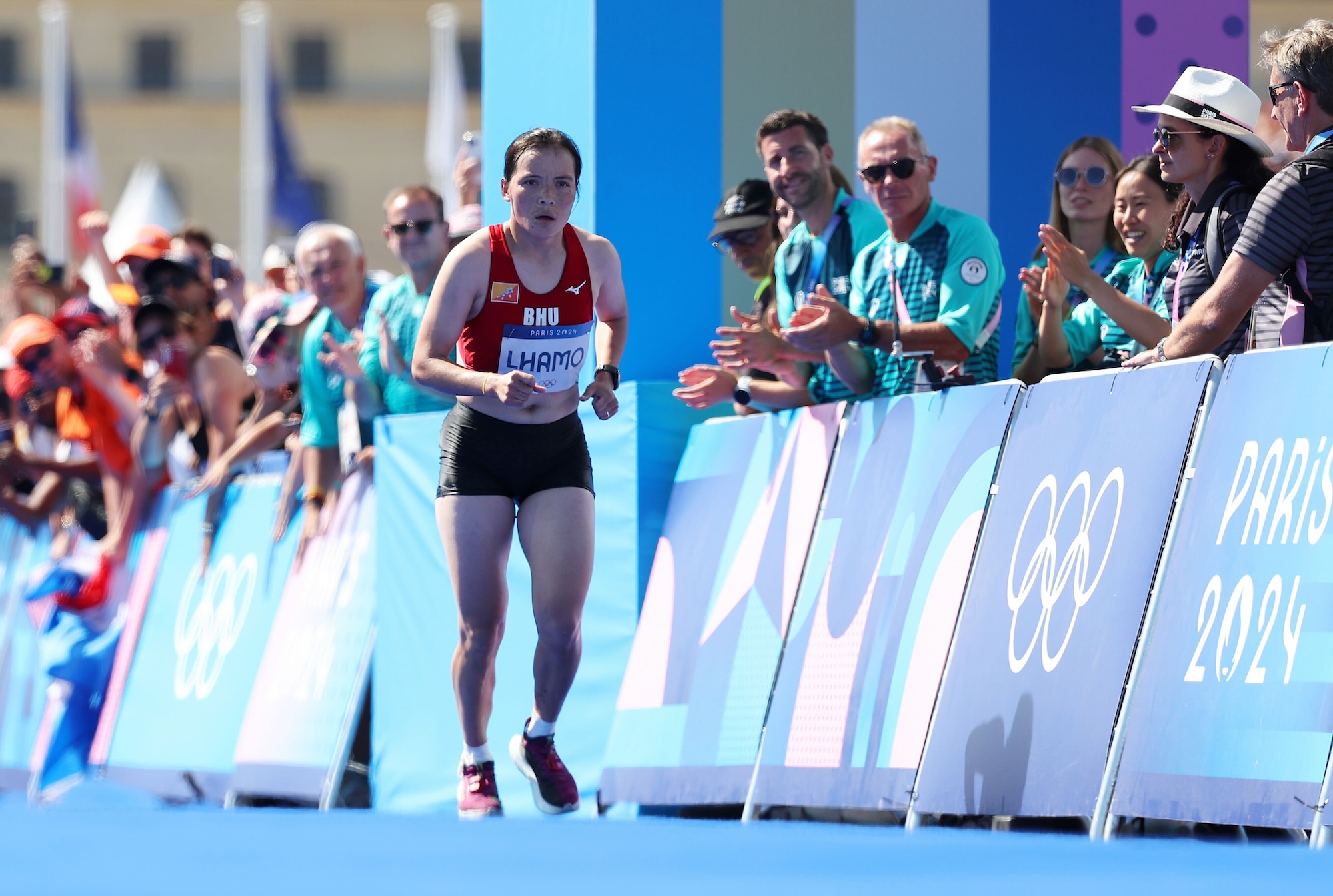


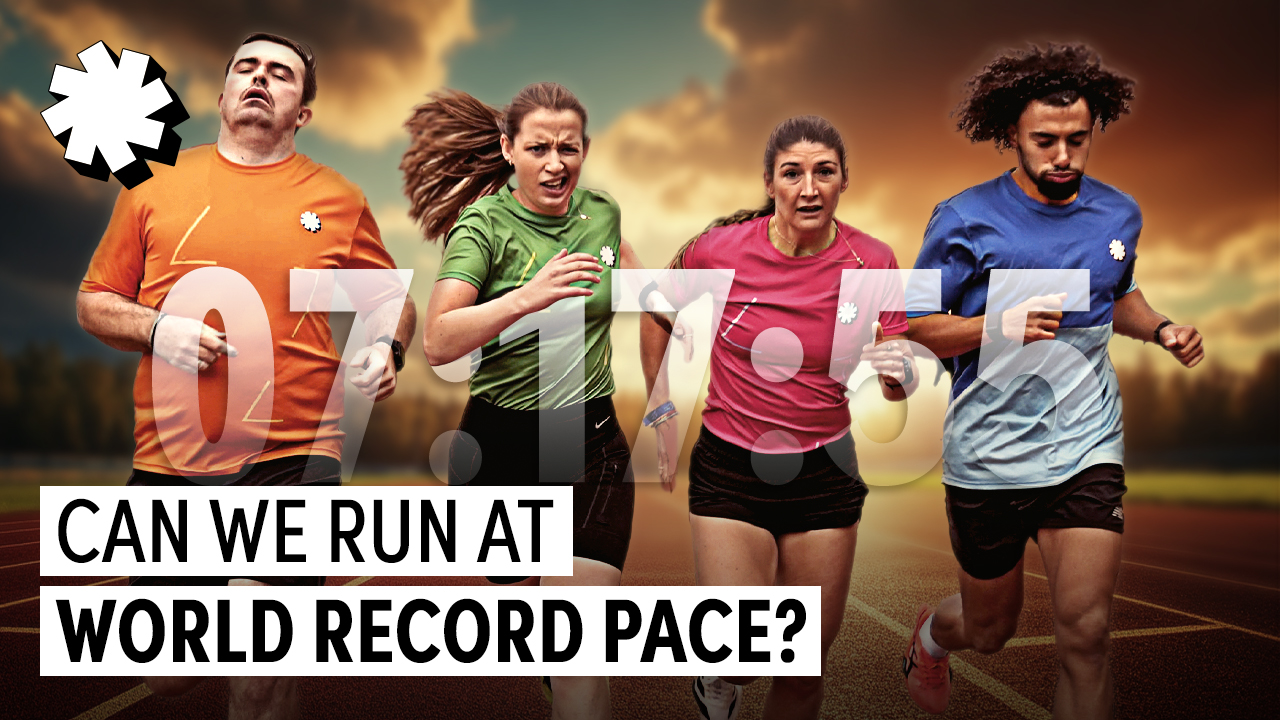

Running News
Could Shanghai Marathon Become A World Marathon Major?
Mengesha and Ketema Win The 2024 Berlin Marathon
ATHLOS 2024: An Incredible Night Of Women’s Track Racing in NYC